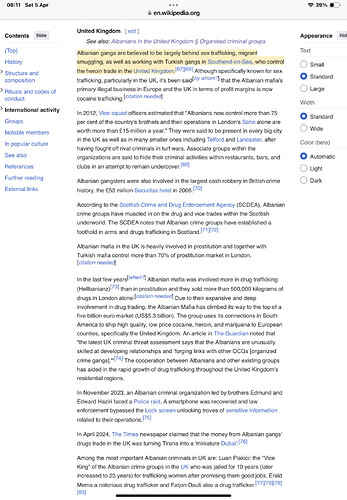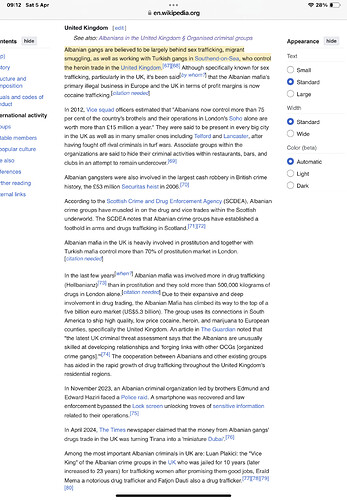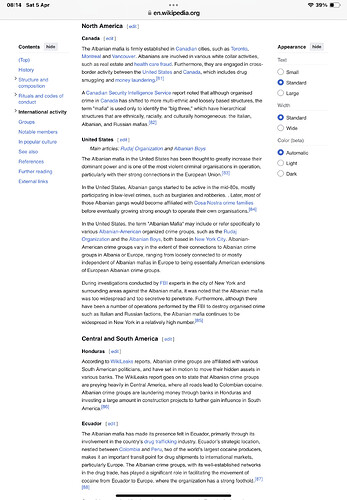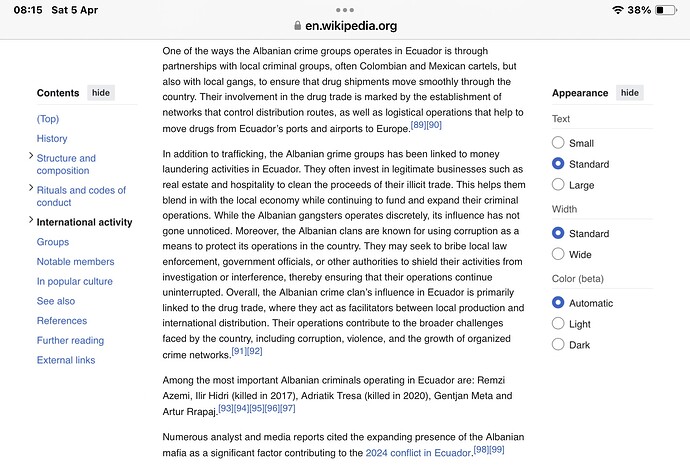I appreciate you taking the time and patience to attempt to educate these people on the real world. For me, I have no patience left. I remember trying to fight this fight 10 years ago, and people like this were just the same way back then. They do not change.
In fact, I have never once seen anyone change, not really. Ok well, I did change when I woke up to the truth on these issues. It was a process of learning to see reality for what it is, without my own emotional biases and prior programmings. You and Parodites were instrumental in that, as were others.
Now I see, I am a very very rare case. Because other than myself I have never once seen anyone even try to take their blinders off. And that is a very weird thing. Because we are supposed to be humans, living in a supposedly free society. Humans are supposedly rational and thinking, able to ascertain truths especially if shown them. Or maybe that is naive.
What good is a human compared to any other animal if we cannot at least adapt and learn to see reality, to develop more truth over time and discard errors? Animals do that, albeit not as actively with such big brains as we have. But what I see is a parallel to mass migration: the taking over of the human mind, the colonization of thought and mentality with mass error.
First, we are still in this stage now, there is a breaking down of reason, thought, active mentality, respect for logic and especially respect for honesty and an ability to see reality as well as detect one’s own cognitive dissonances and emotional ties to key important ideas and issues. All of those are deeply human faculties, and I see in the people around me they are almost non-existent now. TV and chemicals in the food, water, air, EMF radiation, genetic decline, who knows what else… for whatever set of reasons, it has largely happened already. Those human faculties are dulled to the point of almost no longer existing.
The consequence of that is what you encounter every time you try to post the truth here. Instinct-level resistance, no-thinking, blind regurgitation of empty phrases and nice-sounding libfantasy hopiums. World-denial.
So what comes next? These people will not wake up. Their descendants, to the extent they have any, will likely be worse. What happens when the human mind dies in most of the important ways? Well then it can be filled in, directed, and taken over. I believe that process has just begun, as the saying goes we ain’t seen nothin yet.
Probably we will look back at these times and realize how lucky we were to live in a world where most people were simply stupid. As opposed to actual zombies entirely taken over by external forces like AI or whatever else is coming to eat their brains and replace the mind’s inner content with… something else.



